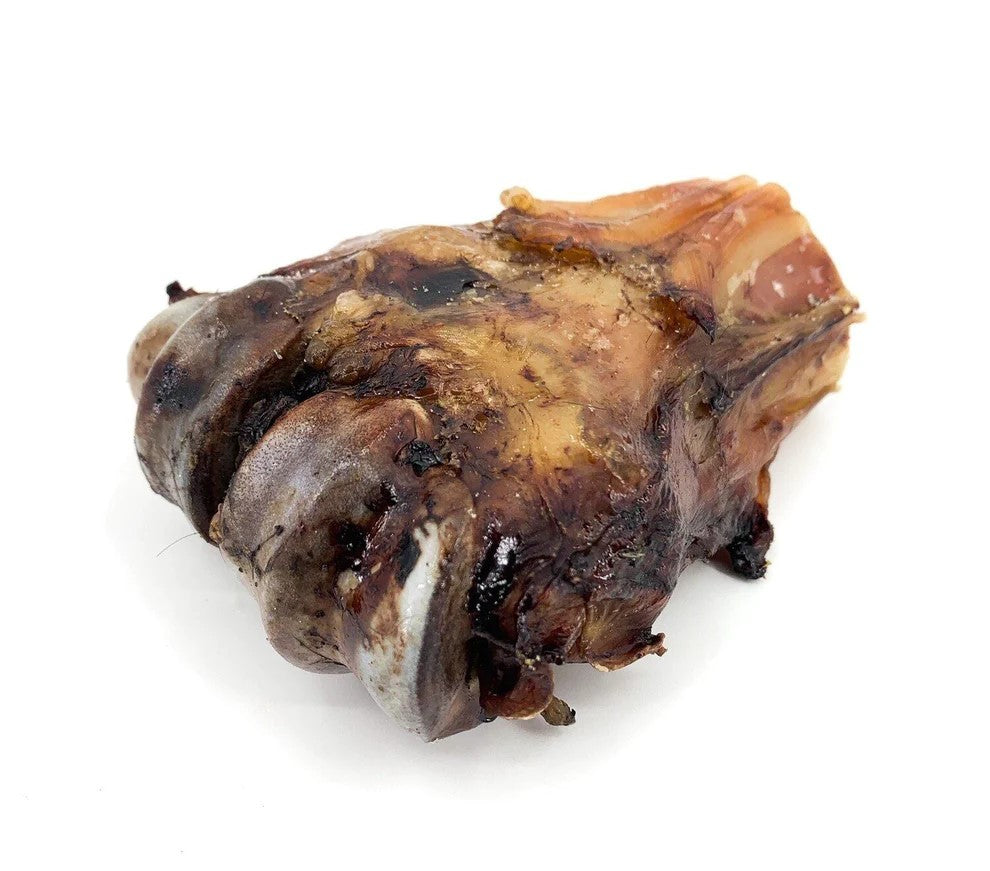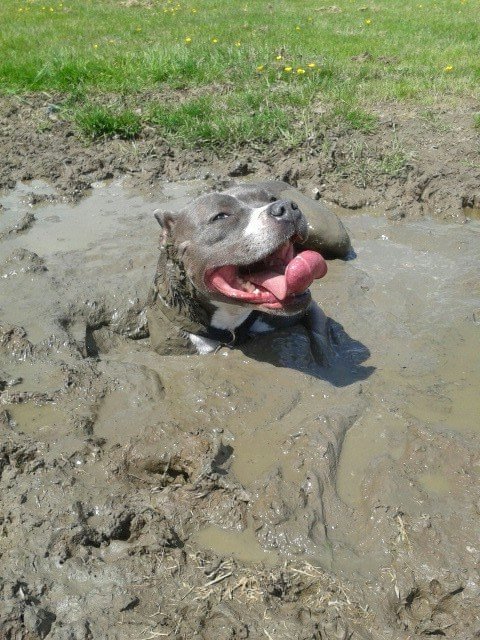Lately, customers have been expressing concern about their pet’s aversion to food and are worried there is an underlying problem. Is your pet among those that are responding to the excessive heat we have had this summer?
Most of the time, this is nothing to worry about. During intense summer heat, pets often have a lack of appetite. Here are some suggestions that can help you determine if this is simply a response to the heat.
Food Temperatures
Foods have different “energies.” Some foods can warm up a pet’s system. Warm foods include chicken, turkey, trout, and lamb. Think of this as you would a jalapeño. When you eat it, it heats up your system and you sweat. On a smaller scale, the same happens with these animal proteins.
Similarly, sweet potato, basil, rosemary, thyme, sage, cinnamon, turmeric, and ginger are all sources of “hot” foods and spices. Recently, I was out on a hike with my dog and, absent mindedly, fed her a piece of chicken jerky that had turmeric and sage in it. She ate it but was instantly panting excessively and looking for every fresh and cooling blade of grass she could find to cool her system down.
Fatty Proteins
Salmon is a very fatty fish, no matter which part of the fish you feed. The same goes for sardines, herring, and mackerel. While these can be incredibly healthy proteins in many ways, it is best to reserve them for cooler months. Eggs are also a high fat source of protein. If your pet has a desire to eat and eats foods high in fat, he may end up with digestive upset in warmer weather.
Energy Level and Loss of Appetite
Pets tend to follow food intake based on energy spent. If the hotter days are preventing you from going out on big hikes or your pet isn’t playing as hard or as often as usual, their food intake will in most cases be reduced. Unlike the Labrador, who usually continue to consume whatever is put in front of them, there are many animals that are more in tune with their bodies and will fast if they haven’t had the exercise to justify the intake. It is completely normal to skip a breakfast if hot weather has been around for a few days.
Consider fasting your pet once a week or simply give them a raw meaty bone in the late evening for dinner. Just be sure to provide a size appropriate for the size of the dog.
Choose cooler proteins such as beef, rabbit, duck, whitefish, carp, tripe, liver, kidney, or yogurt. For a quick treat or cooling mix-ins, try fruits and veggies like blueberries, broccoli, cranberries, kale, kelp, lettuce, raspberries, seaweed, and watermelon.
Making these simple adjustments and viewing your pet’s behavior through a different lens may make the difference in your approach to this common shift during the summer and keep you both seeking fun in the water or the shade!


